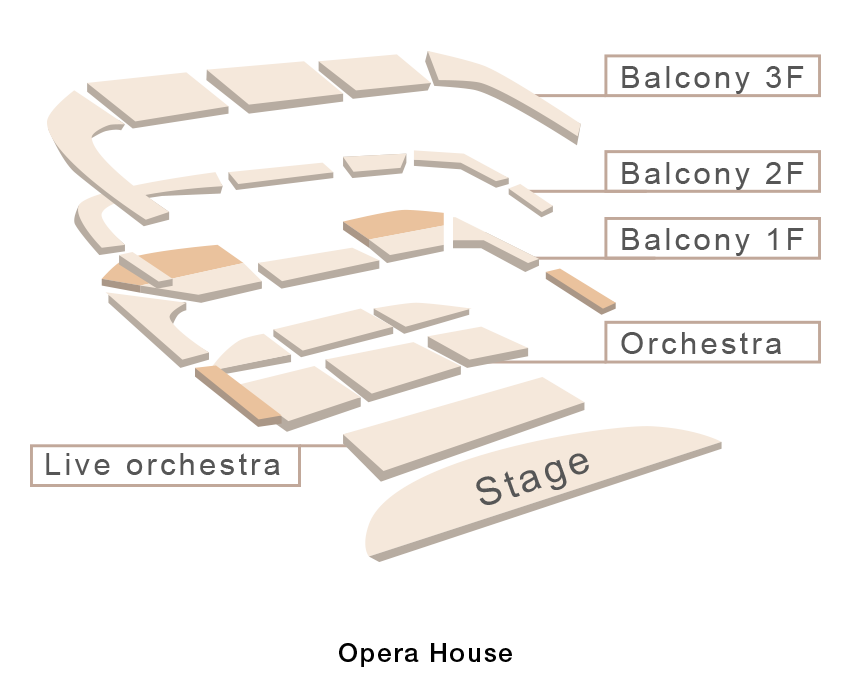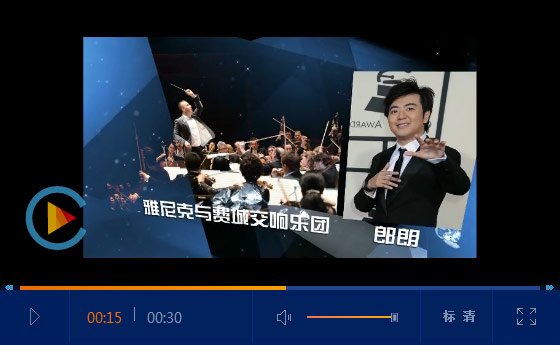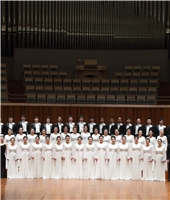
NCPA Chorus
Established on December 8, 2009, NCPA Chorus is the resident chorus of the China National Centre for the Performing Arts.
Now the Chorus invites Wu Lingfen as the conductor, with many artists well-known in China and abroad giving instructions. Affiliated to NCPA, the highest palace of performing arts in China, the Chorus adheres to NCPA's guiding principles of 'for the people, for the arts, and for the world' and is recognized as a vigorous and promising professional chorus.
The Chorus has cooperated with many well-known artists ever since its establishment, including directors as Francesca Zambello, Giancarlo Del Monaco, Hugo De Ana, Chen Xinyi, Cao Qijing, Liao Xianghong, Yi Liming, Li Liuyi, prominent conductors as Lorin Maazel, Zubin Metha, Daniel Oren, Myung-whun Chung, Yan Liangkun, Yang Hongnian, Lü Jia, Li Xincao, Zheng Jian, Yang Li, outstanding vocalists as Plácido Domingo, Leo Nucci, Inva Mulla, Juan Pons, Brandon Jovanovich, Francesco Meli, Dai Yuqiang, Wei Song, Warren Mok, Yuan Chenye, Liao Changyong, Zhang Yalun, Zhang Liping, Dilbèr, Sun Xiuwei, He Hui, Yang Guang, Li Xiaoliang, to name just a few. Plácido Domingo once said it was his honor to cooperate with these talented young artists; Lorin Maazel ever acclaimed it as 'a chorus full of passion', 'It is the best voice I have ever heard, As young as the chorus was, it's much more excellent than many of European choruses', said Daniel Oren after rehearsal.
As one of the leading Chinese choruses both on stage of operas and concerts, the NCPA Chorus represents the highest artistry of opera chorus in China. By presenting over 100 performances each year, the Chorus has depicted numerous opera characters in an enthusiastic way and contributed actively to the further development of arts production of the NCPA. Ever since its establishment, the Chorus has actively performed in more than 40 operas produced by NCPA, such as NCPA's commission operas Xi Shi, The Chinese Orphan, The Beautiful Blue Danube, The Ballad of Canal, Rickshaw Boy, Visitors on the Snow Mountain, Sunrise, as well as other classic operas in and out of China including The White-haired Girl, The Red Guards on Honghu Lake, Turandot, Carmen, La Traviata, L'élisir d'amore, Tosca, Die Fledermaus, La Cenerentola, Der Fliegende Hollander, Un Ballo in Maschera, Lohengrin, Les Contes d'Hoffmann, Otello, Nabucco, Le Nozze di Figaro, L'italiana in Algeri, Il Trovatore, Der Rosenkavalier, Norma, Don Pasquale, Aida, Rigoletto, Die Zauberflote, Il Barbiere di Siviglia, Eugene Onegin, and Andrea Chénier, etc. Its artistic quality receives rave acclaims from both the critics and the audience.
Besides operas, the Chorus has participated in many grand vocal works and themed concerts, such as Beethoven's Symphony No. 9, Mahler's Symphony No.2 and No.8, Verdi's Requiem, Concert Commemorating the 110th Anniversary of the Birth of Huang Zi, opera concertsGuillaume Tell, Don Juan and the grand music and dance epic Road to Revive, etc.
As a resident ensemble of the NCPA, the Chorus also takes part in various cultural communication and arts outreach activities in order to reach and attract more audiences through its weekend concerts, lectures and performances in schools and communities, which have gained lasting popularity among audiences. In addition, the Chorus will continue to travel abroad to perform the NCPA productions and excellent classics. During recent years, it has toured to different countries and regions including Singapore, South Korea, Japan and Hong Kong to engage in arts exchanges, receiving widespread acclaim. In September 2015 the Chorus finished its tour in Italy with the NCPA to perform Rickshaw boy.
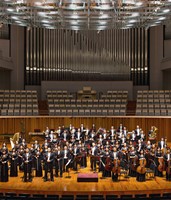
NCPA Orchestra
China NCPA Orchestra is the resident orchestra of the National Centre for the Performing Arts (NCPA), Beijing. Established in March 2010, the orchestra consists of highly accomplished musicians from around the world, who perform in more than a dozen opera productions presented by its home venue each year as well as in ballets and regular orchestral concerts in its own season. With a notably busy schedule, the young ensemble has fast established itself as one of the most adventurous and dynamic orchestras in the country. Lü Jia took up the post of Chief Conductor in February 2012, succeeding Chen Zuohuang, the current Conductor Laureate, NCPA's Music Director and also one of the founders of the orchestra. Yuan Ding was appointed Assistant Conductor in the same year.
The NCPA Orchestra demonstrates an abiding commitment to the highest levels of artistic excellence and takes pride in its long-term collaborations with the finest musicians of our time. Artists associated with the orchestra in the past two years have included Lorin Maazel, Christoph Eschenbach, Vladimir Ashkenazy, Yan Pascal Tortelier, Gunter Herbig, Gilbert Varga, Lang Lang, Stephen Kovacevich, Leo Nucci, Yuja Wang and Han-Na Chang, among many others. Maestro Lorin Maazel praised the orchestra for its 'amazing professionalism and great passion in music'. After working with them in a series of concerts and the NCPA's new production of La Traviata in June 2010. Maestro Christoph Eschenbach also declared it 'one of the finest orchestras in Asia'.
In 2011 alone, the first season after its establishment, China NCPA Orchestra gained critical acclaim for its performances in NCPA's new productions of Tosca (directed by Giancarlo Del Monaco), The Barber of Seville (co-produced with Castleton Festival), Die Fledermaus, and a newly commissioned opera The Chinese Orphan. In addition, the orchestra also played a key part in NCPA's 2011 Gustav Mahler Project, performing his Symphonies No. 1, 2, 3, 8 and 10 under the batons of Christoph Eschenbach, Yoel Levi, Jun Maerkl and Chen Zuohuang respectively. These were followed by performances of two Wagner operas in 2012, in their Chinese premieres, Der Fliegende Hollander andLohengrin. Most recently in 2013, the orchestra presented varied programmes marking major anniversaries of Wagner, Verdi and Britten, including a performance of the mammoth Ring without Words under the baton of its creator, Lorin Maazel. It continues to build on important partnerships with prominent musicians such as Mehta, Eschenbach, Ashkenazy, Placido Domingo and the pianist Rudolf Buchbinder.
Most recently, the NCPA Orchestra has flexed its wings on the international stage with high-profile touring work, receiving widespread international praise for its performances. In 2012, the orchestra was invited by Kissingen Summer Music Festival and Schleswig-Holstein Musik Festival, and its first German tour continued with concerts in Nürnberg, Hamburg and Berlin, followed by appearances at the Sydney Opera House. In 2013, the orchestra undertook its first Asian tour with concerts in Singapore, Seoul and Macau. During the 2014/15 season, the orchestra has participated in NCPA's opera productions including Eugene Onegin, Aida and Cavalleria Rusticana, as well as appearing on concert stage with conductors and soloists such as Lü Jia, Zubin Mehta, Christoph Eschenbach, Myun-Whung Chung, Anthony Wit, Lang Lang, Wang Jian and Yuja Wang. The orchestra has completed its very first North American tour in November 2014, under the baton of its Chief Conductor Lü Jia.
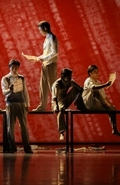 Repertoire
Repertoire
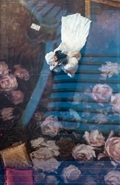 Films
Films
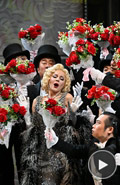 Videos
Videos
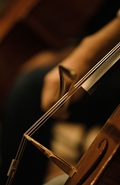 Podcast
Podcast
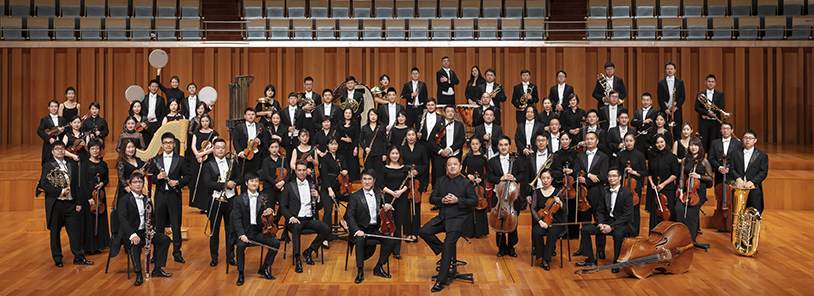 China NCPA Orchestra
China NCPA Orchestra
 China NCPA Chorus
China NCPA Chorus
 NCPA Resident Singers
NCPA Resident Singers
 NCPA Drama Ensemble
NCPA Drama Ensemble
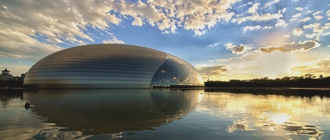 Buildings
Exhibitions
Buildings
Exhibitions
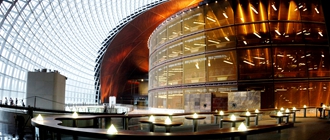 Opening Hours
Guided Tours
Services
Getting Here
Opening Hours
Guided Tours
Services
Getting Here
 Western Cuisine
NCPA Café
Arts Gifts
Western Cuisine
NCPA Café
Arts Gifts









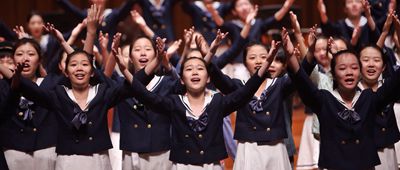
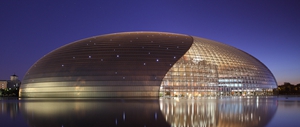
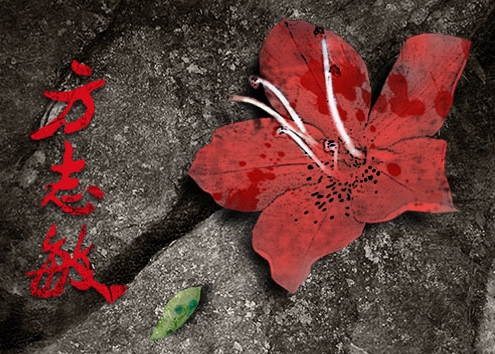





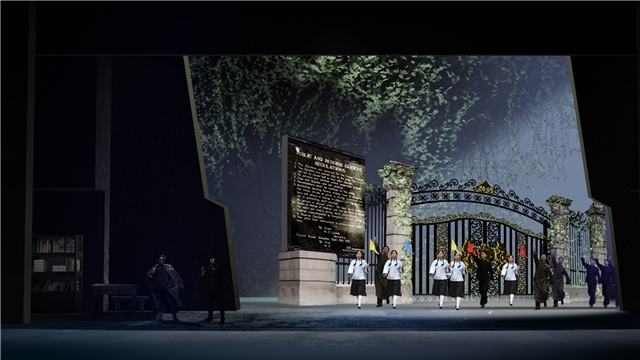
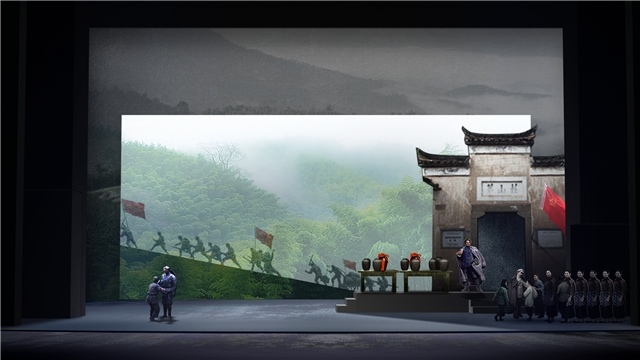
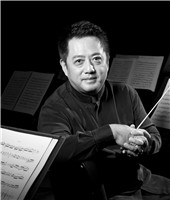


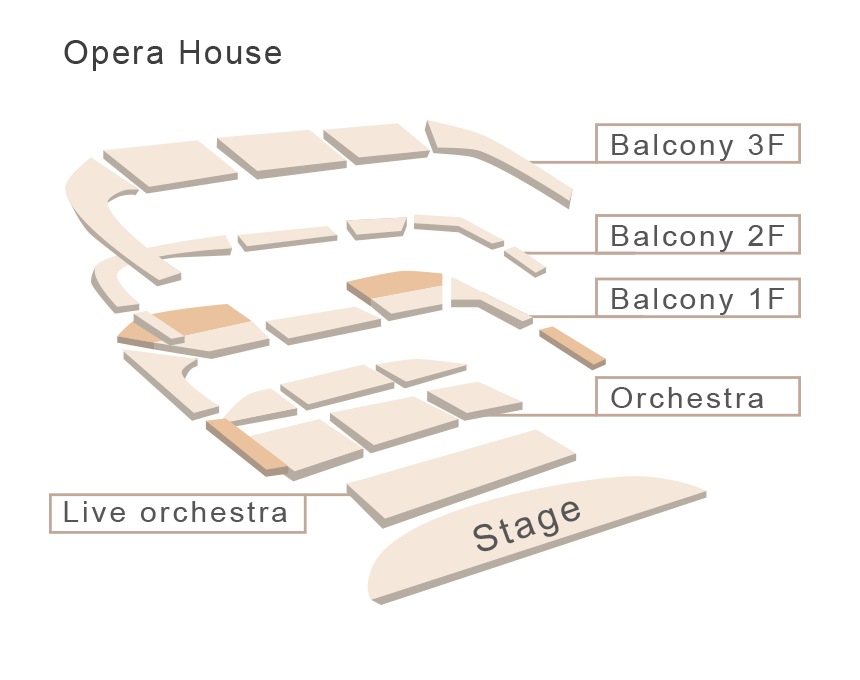 歌剧院
歌剧院
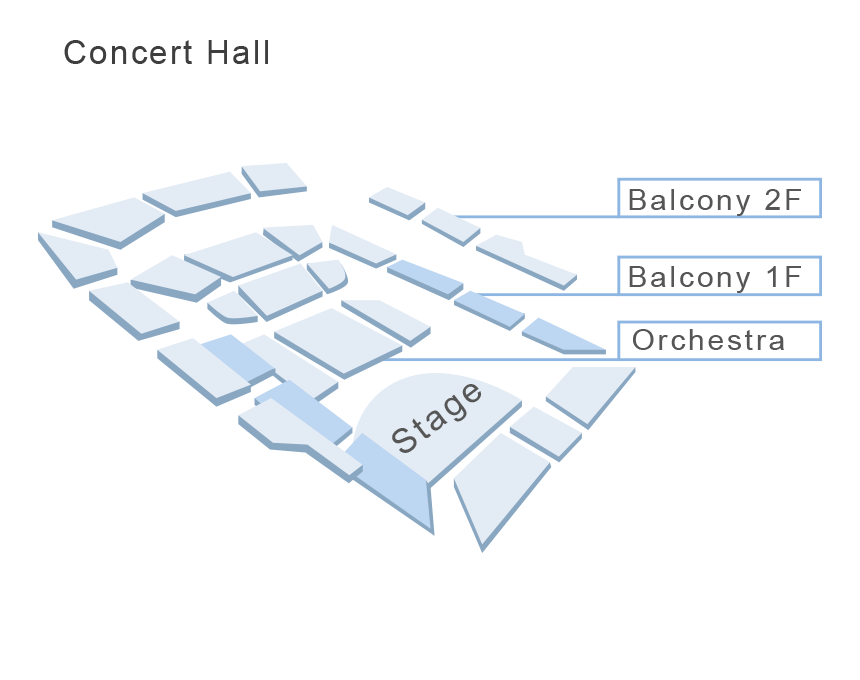 音乐厅
音乐厅
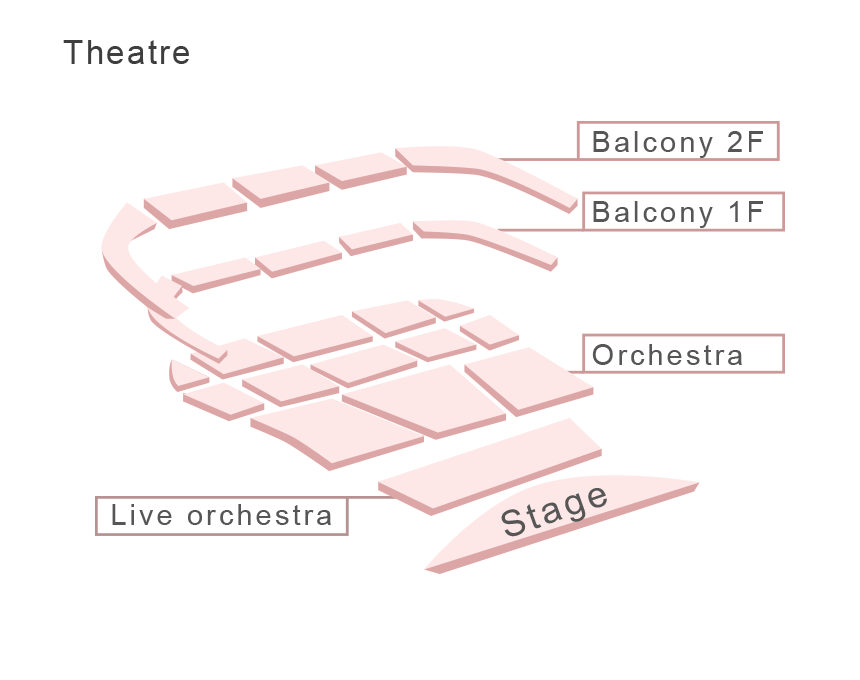 戏剧场
戏剧场
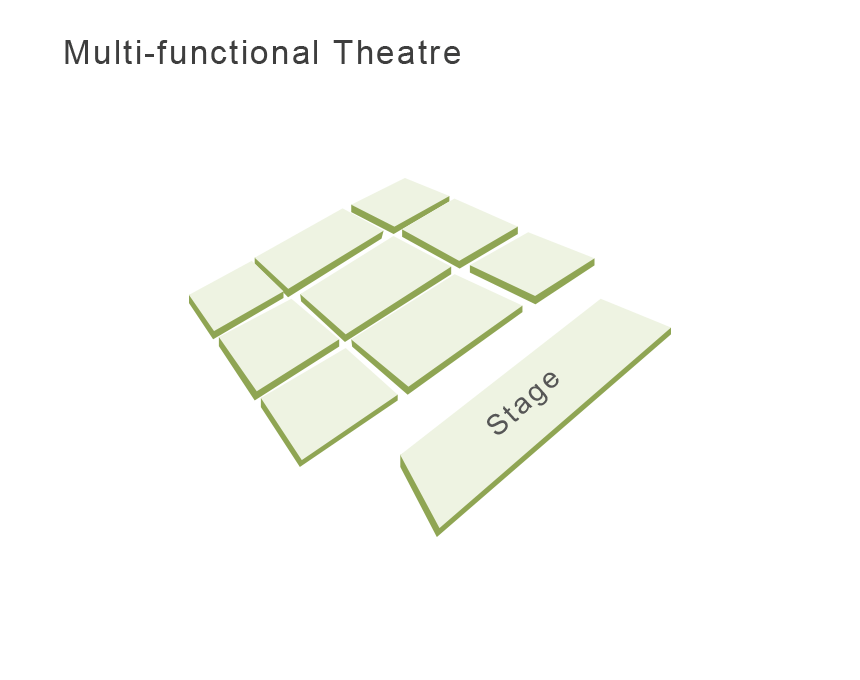 小剧场
小剧场












